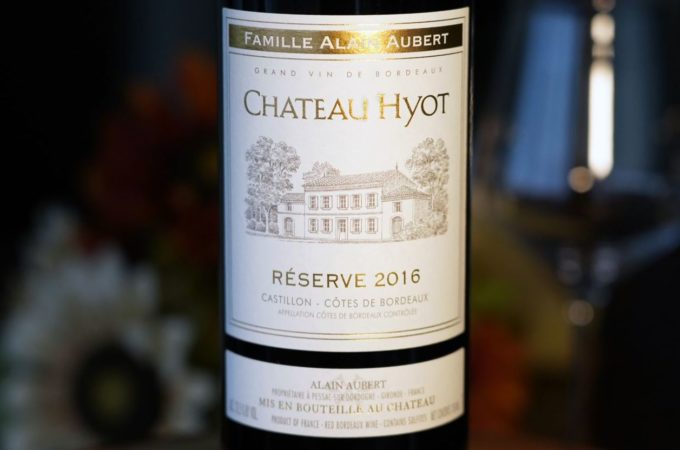Words have power and meaning, no matter what part of the world you’re in. However, the definition of the word “Reserve” can be very different when comparing similar wine labels from opposite sides of the map.
So what do the words “Reserve”, “Riserva”, and “Reserva” actually mean and what are they really telling you about a wine?
European wines tend to have much more stringent requirements for these Reserve designations. In Spain, the word “Reserva” can only be used on a label if the winery meets specific ageing requirements due to set regulations for the region. For example, if a bottle of Rioja has Reserva on the label, it has been aged for a minimum of 36 months, with at least 12 months in oak.
Similar regulations on the word “Riserva” are also found in Italy with different regions having varying ageing requirements. For example, a bottle of Chianti with Riserva on the label has spent at least 24 months in oak, with another three months in bottle. Additionally, a Brunello di Montalcino with Riserva on the label has spent five years aging after harvest, with at least two of those years spent in oak and six months in bottle as opposed to two years in oak and four months in bottle for non-Riserva Brunello.
In most of the new world wine regions, the “Reserve” term can be added to a wine label with few (if any) legal requirements to meet as the use of the word is not regulated. This allows wineries outside of Europe to use terms such as Old Vine, Special Selection or Limited Release on their labels to indicate higher quality. While these terms lend no real detail to the wine inside the bottle as they have no set criteria, ideally these are indications of higher quality locations, grapes or prolonged aging from a particular winery. Beware though, some wineries call all their wines “Reserve” and in that case it has no true meaning!
The bottom line is the terms are regulated in Europe and unregulated in most of the new world. “Riserva” and “Reserva” have more meaning than “Reserve!”
To many, a reserve bottle of wine means it is valued higher, tastes better, or was aged longer than a regular bottle of their wine. To others, it could mean that better tasting barrels were selected… Maybe their preferred vineyard plots were used in the making of their “Reserve” wine.
One thing’s for sure: no matter what wording you find on a label, nothing beats a good tasting wine!
We recommend you check these delicious Reserve Wines out:
Castello Di Monsanto 2016 Chianti Classico Riserva
Marchese Antinori 2016 Chianti Classico Riserva, Tignanello Estate
Villa Antinori 2016 Chianti Classico Riserva
Emina 2015 Ribera Del Duero Reserva
Bodegas Olarra 2011 Rioja Gran Reserva, Cerro Anon
Marques De Murrieta 2015 Rioja Reserva, Finca Ygay


1 Comment
Jim Reznik
September 9, 2021 - 3:58 pmGreat article, explaining the (reserve terms). I learned an important fact of foreign & domestic wine.